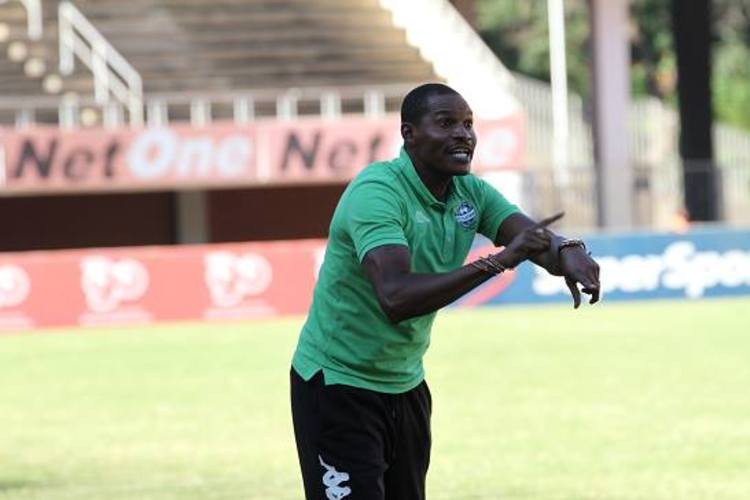
I WAS on the verge of sending you an unpleasant missive after reading about some officials “standing by” a footballer who had tested positive for prohibited substances.
REPORT BY TOMMY SITHOLE
That was until I read Nick Munyonga’s very sober, nay professional contribution to the issue (NewsDay Wednesday September 4, 2013). He was spot on. It is the duty of both officials and sportspersons to learn and know the rules.
Sport has rules. Simple. If you don’t play by those rules, or you do something stupid no matter how unintentional, you are given the red card. Usain Bolt got the red card at the World Athletics Championships in Daegu for jumping the gun, unintentionally, I might add. The world had been waiting for this race. He made a mistake and he got thrown out of the race.
Oh, how many footballers are given the red card for unintentionally handling in the penalty area, or elbowing the other while jumping for the ball, or slide-tackling which the referee adjudges to have been dangerous? You can shout all you want from the stands, but rules are rules. So it is silly for anyone, more so an official, to “stand by” the athlete who will have tested positive.
There are processes for appeals. The athlete is suspended on the results of the first test, the A test. If he disputes it he can demand test on B sample and can have his whole tribe there to witness the testing. Simple. Those are the rules.
Nick is right. He was taught well. We have to educate ALL our athletes about prohibited substances. I emphasise “prohibited” to distinguish it from illegal.
Prohibited substances can be something one takes for their running noses. If it contains certain ingredients, it becomes prohibited. To be a bit ridiculous, coffee consumed to certain levels could theoretically deposit such amounts of caffeine in one’s body an athlete could test positive and be thrown out of a competition.
- Chamisa under fire over US$120K donation
- Mavhunga puts DeMbare into Chibuku quarterfinals
- Pension funds bet on Cabora Bassa oilfields
- Councils defy govt fire tender directive
Keep Reading
A Premier League footballer just recently claimed his wife had given him a traditional slimming concoction. Too bad, whatever the ingredients one of them showed up as an illegal substance. A player from Oceania got caught and claimed his mother had given him some traditional concoction for flu. Too bad, he should have known better.
One last point, to show how ignorant we sometimes can be about the rules, I read a story about a “whole rugby team” from Zimbabwe having been thrown out for testing positive. No. The rules in that team sport simply states that if three players test positive, then the whole team is disqualified.
Munyonga gets a list every time of updated prohibited substances. Sadza is not one of them and we can continue making our athletes drink as much tea and coffee as they wish. Just be modest. No drinking in buckets. As for mbanje, much as I abhor it, it still is a social drug.
Tommy Sithole is secretary-general of the Association of National Olympic Committees of Africa (Anoca).











